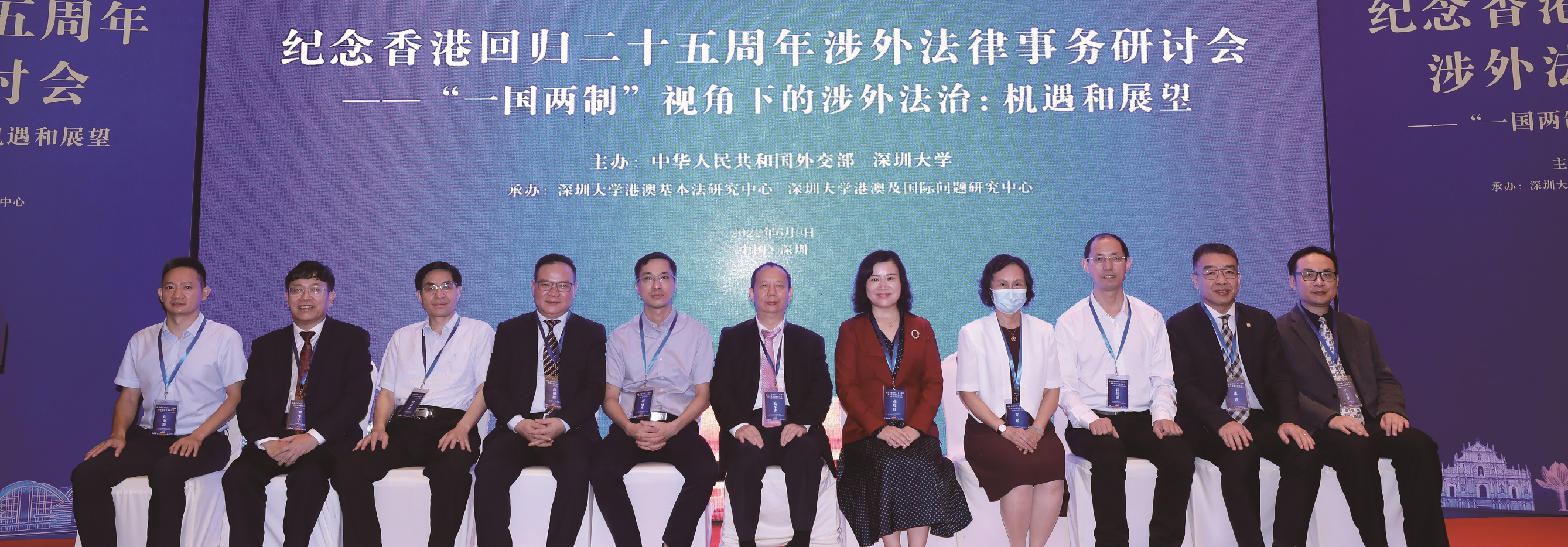
US should keep out of HK politics
Global Times | 2013-9-8 21:58:01
By Zhang Dinghuai

Illustrations: Peter Espina/GT
At present, how to implement universal
suffrage is one of the most contentious issues in Hong Kong.
The Chinese central government underlines that future chief executives must
"love China, love Hong Kong," so universal suffrage should be carried
out strictly in line with the procedures set out in the Basic Law.
Emphasizing that the executives of the Hong Kong Special Administrative Region
(HKSAR) with a high degree of autonomy must be loyal to the central authority
is in the interests of national security as well as Hong Kong itself. Out of
respect for "one country, two systems" and legal institutions, the
controversies over the procedures of universal suffrage can only be addressed
in accordance with the Basic Law and relevant decisions by the Standing
Committee of the National People's Congress.
However, Hong Kong's pan-democratic groups claim that such suffrage is not
genuine because the proposal of "patriots and Hong Kong-lovers
administering Hong Kong" is aimed at excluding them from running for chief
executive.
What's more, they contend that the procedures of the suffrage should be based
on the related provisions of the International Covenant on Civil and Political
Rights instead of the Basic Law and the NPC Standing Committee's decisions.
To put more pressure on the central government and the HKSAR government,
pan-democrats actively propagate the Occupy Central campaign.
It is above reproach for Hongkongers to hold different views on political
reform as Hong Kong is a universally acknowledged liberal society with adequate
tolerance for divergent voices.
But external intervention seems to be changing the nature of the internal row.
There is enough evidence showing that certain important figures of the
pan-democratic camp are joining hands with the Consulate General of the US in
Hong Kong to interfere into the HKSAR's political system.
The new US Consul General for Hong Kong and Macao Clifford A. Hart, Jr. has met
the leaders of Hong Kong's political organizations for many times and made
indiscreet comments on the issue of universal suffrage. He even released the
result of an Internet survey purporting to show that nearly 90 percent of
Hongkongers long for independence.
As for Hart's unscrupulous remarks and actions, Song Zhe, commissioner of
China's Ministry of Foreign Affairs in HKSAR, met with him in late
August and solemnly reiterated China's firm objection to external forces
ignoring the Basic Law and relevant decisions of the NPC Standing Committee.
According to some media outlets, it is the toughest stance of the Chinese
government regarding the frequent US interference into Hong Kong affairs in the
past 16 years. However, Beijing has made a completely reasonable response in
safeguarding the country's core interests.
We can view Song's reiteration of China's position to Hart from several
perspectives.
First, Hong Kong's political system development belongs to the internal affairs
of the HKSAR. Hart, as the consul general of the US in Hong Kong, has no right
to make frivolous remarks about such political issues as universal suffrage.
Second, Hart's public support for the so-called "genuine universal
suffrage" for Hong Kong's pan-democrats shows Washington's ulterior
motives. Electing a chief executive who breaks from the "one country"
system complies with the US "pivot to Asia" strategy.
It is a normal phenomenon that there have occurred fierce debates on universal
suffrage in a society with such a high degree of autonomy as Hong Kong without
the intervention of external forces.
The central government will make efforts to facilitate its process as long as
it adheres to the Basic Law and the NPC Standing Committee's decisions in this
connection.
Nonetheless, Beijing must be on high alert over the "tacit
understanding" between pan-democrats and external forces when the HKSAR
government has yet to launch the public consultation program.
The central government's domination of Hong Kong's political development
constitutes the most fundamental content of the "one country"
principle while respecting "two systems" by promising to foster a
democratic political regime there. China is an independent country, so Hart had
better stop acting in vain.
The author is a vice director of the Center for Basic Laws of Hong Kong and
Macau Special Administrative Regions, Shenzhen University. opinion@globaltimes.com.cn



